Meta's Antitrust Battle: Examining The FTC's Case Against WhatsApp And Instagram
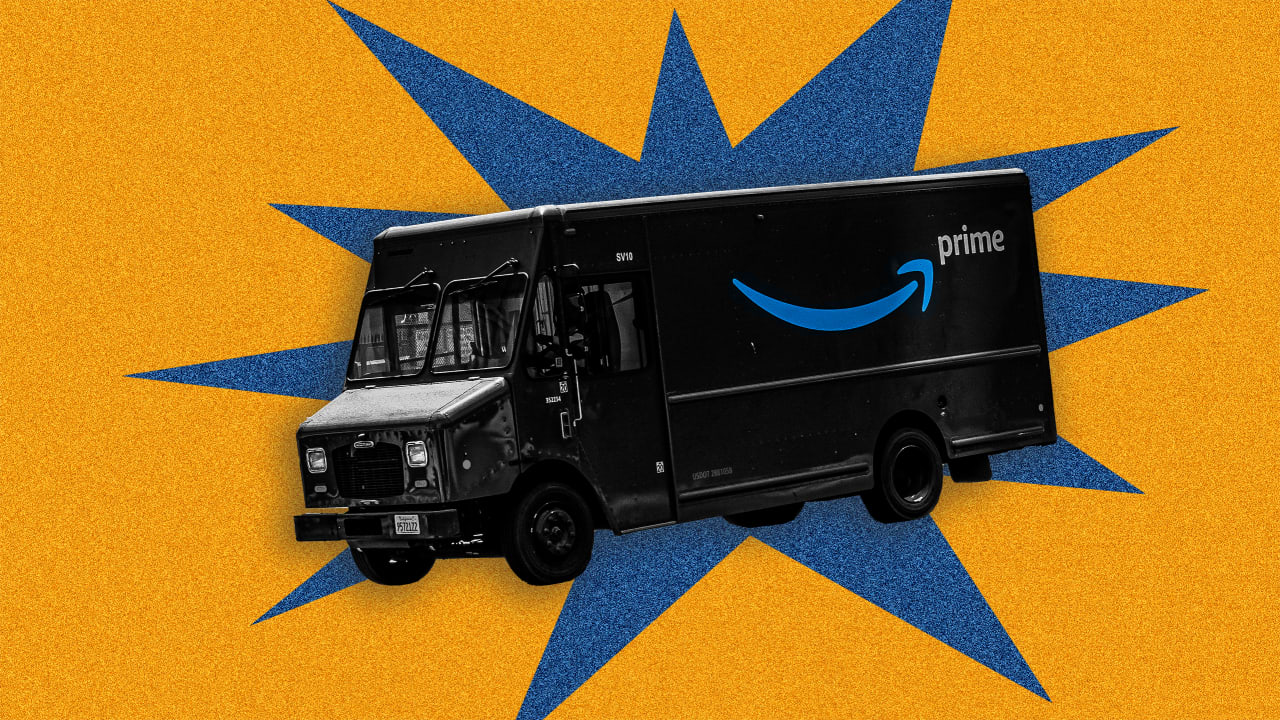
Table of Contents
H2: The FTC's Allegations of Anti-Competitive Behavior
The FTC's core argument revolves around the assertion that Meta's acquisitions of WhatsApp and Instagram were not merely business decisions, but calculated moves to neutralize emerging threats and maintain its stranglehold on the social media landscape. This constitutes a violation of antitrust laws designed to promote competition and prevent monopolies.
H3: The WhatsApp Acquisition (2014):
The FTC argues that the $19 billion acquisition of WhatsApp in 2014 was a strategic maneuver to prevent a rising competitor from challenging Facebook's market share. Key evidence likely includes internal Meta communications and documents revealing concerns about WhatsApp's rapid user growth and potential to disrupt Facebook's dominance. The FTC likely highlights WhatsApp's independent potential for innovation, arguing that its acquisition stifled competition and prevented the development of a potentially disruptive alternative.
- Bullet Point: The FTC's case hinges on the argument that the WhatsApp acquisition wasn't about integration or innovation, but about eliminating a significant competitive threat. The loss of a potential independent WhatsApp, with its focus on encrypted messaging and user privacy, represents a key element of the FTC's claim.
H3: The Instagram Acquisition (2012):
The FTC presents a similar argument regarding Meta's acquisition of Instagram in 2012 for approximately $1 billion. They contend that this acquisition was preemptive, designed to eliminate a potential competitor before it could gain significant market share. Evidence may include internal documents showcasing Meta's strategy to acquire or suppress rivals posing a threat to its core platform. The FTC argues that Instagram's innovative features and substantial user base positioned it as a direct threat to Facebook's dominance in the photo-sharing and social networking sectors.
- Bullet Point: The FTC emphasizes that the Instagram acquisition removed a significant player in the photo-sharing and social media space, thereby hindering competition and innovation within the market.
H2: Meta's Defense Strategy
Meta's defense strategy is multifaceted, aiming to refute the FTC's allegations of anti-competitive behavior and challenge the evidence presented.
H3: Arguments Against Anti-Competitive Practices:
Meta likely argues that the acquisitions were pro-competitive, resulting in innovation and benefits for users. Their defense might highlight the integration of features and technologies across platforms, leading to a more comprehensive user experience. Furthermore, Meta’s defense might contend that the social media market is dynamic and competitive, with numerous alternative platforms vying for users’ attention.
- Bullet Point: Meta will likely emphasize the increased user choice and innovation that resulted from the acquisitions, arguing that users benefited from the combined strengths of the platforms.
H3: Challenges to the FTC's Evidence:
Meta’s legal team will likely challenge the FTC's interpretation of internal documents and communications, arguing that the FTC is misrepresenting the competitive landscape. They might present evidence of their own substantial investments in innovation and user experience improvements, demonstrating their commitment to competition.
- Bullet Point: A key component of Meta’s defense is to question the FTC's evidence and its interpretation of the competitive dynamics within the market.
H2: Potential Implications and Outcomes of the Meta Antitrust Lawsuit
The outcome of this Meta antitrust lawsuit will have profound implications for the tech industry and its regulatory landscape.
H3: Impact on Future Acquisitions:
A ruling against Meta could dramatically alter the landscape of tech acquisitions. It could lead to stricter scrutiny of future mergers and acquisitions in the tech sector, potentially slowing down innovation by increasing regulatory hurdles.
- Bullet Point: The increased regulatory oversight and stricter antitrust enforcement resulting from an unfavorable ruling for Meta could significantly reshape the M&A landscape for technology companies.
H3: Impact on Market Competition:
A successful FTC case could result in divestment, forcing Meta to sell either WhatsApp or Instagram. This could foster greater competition in the social networking market. Conversely, a loss for the FTC could embolden other tech giants to pursue similar strategies, potentially exacerbating market concentration.
- Bullet Point: The outcome will determine whether the social media market experiences increased competition or maintains its current state of concentration.
3. Conclusion:
The FTC's Meta antitrust lawsuit concerning the acquisitions of WhatsApp and Instagram is a landmark case with far-reaching consequences for the tech industry. The ruling will profoundly impact future mergers and acquisitions, the competitive dynamics within the social media market, and the regulatory framework governing tech giants. Understanding the competing arguments – the FTC's concerns about anti-competitive practices and Meta's claims of pro-competitive integration – is crucial for comprehending the implications of this significant legal battle. Stay informed on this developing situation and its impact on the future of digital platforms. Follow the developments in the Meta antitrust lawsuit to understand the evolution of this complex legal battle.

Featured Posts
-
 Chris And Meg A Wild Summer
May 13, 2025
Chris And Meg A Wild Summer
May 13, 2025 -
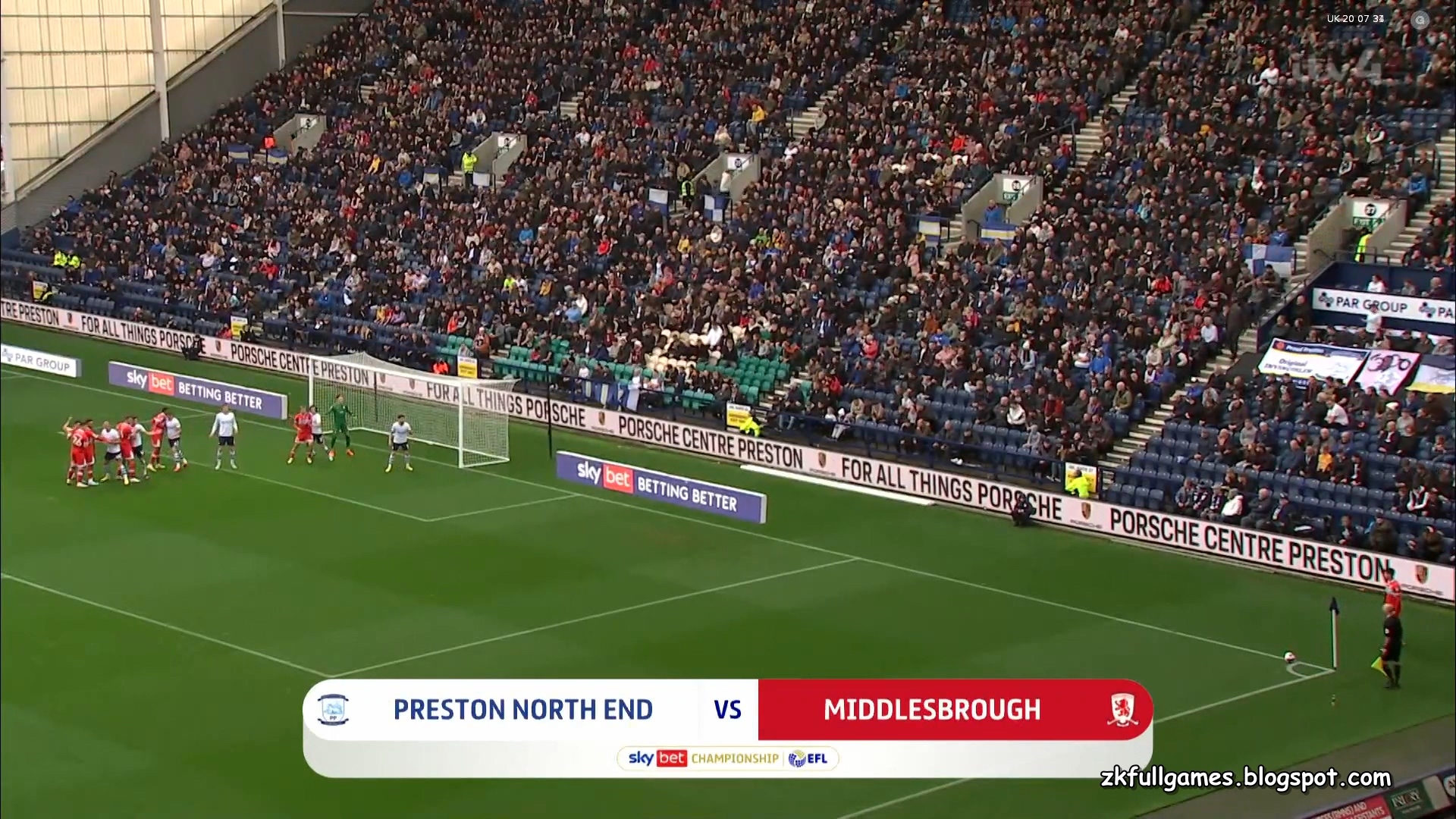 Efl Highlights Goals Saves And Controversies
May 13, 2025
Efl Highlights Goals Saves And Controversies
May 13, 2025 -
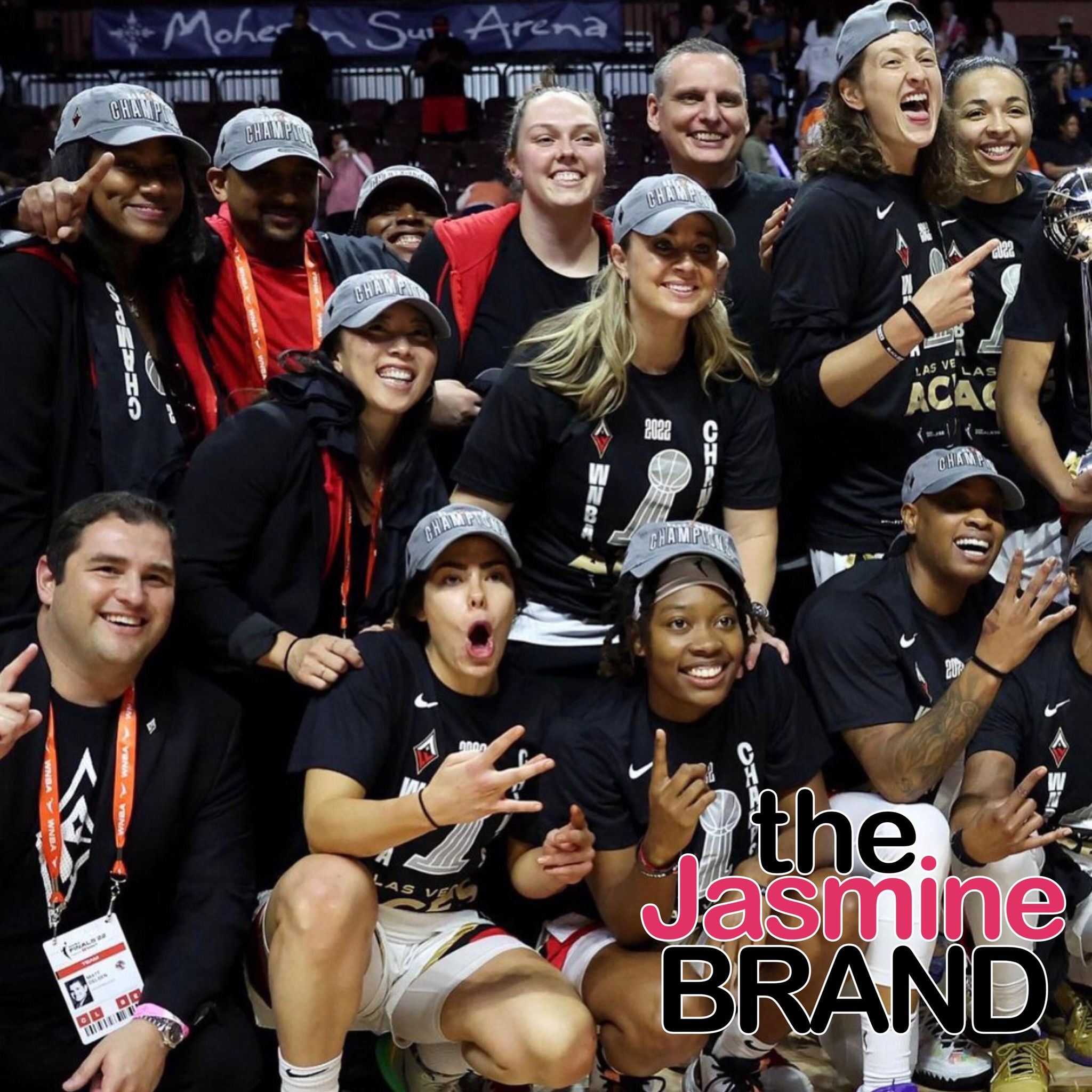 Las Vegas Aces Deja Kelly Clutch Performance Secures Win
May 13, 2025
Las Vegas Aces Deja Kelly Clutch Performance Secures Win
May 13, 2025 -
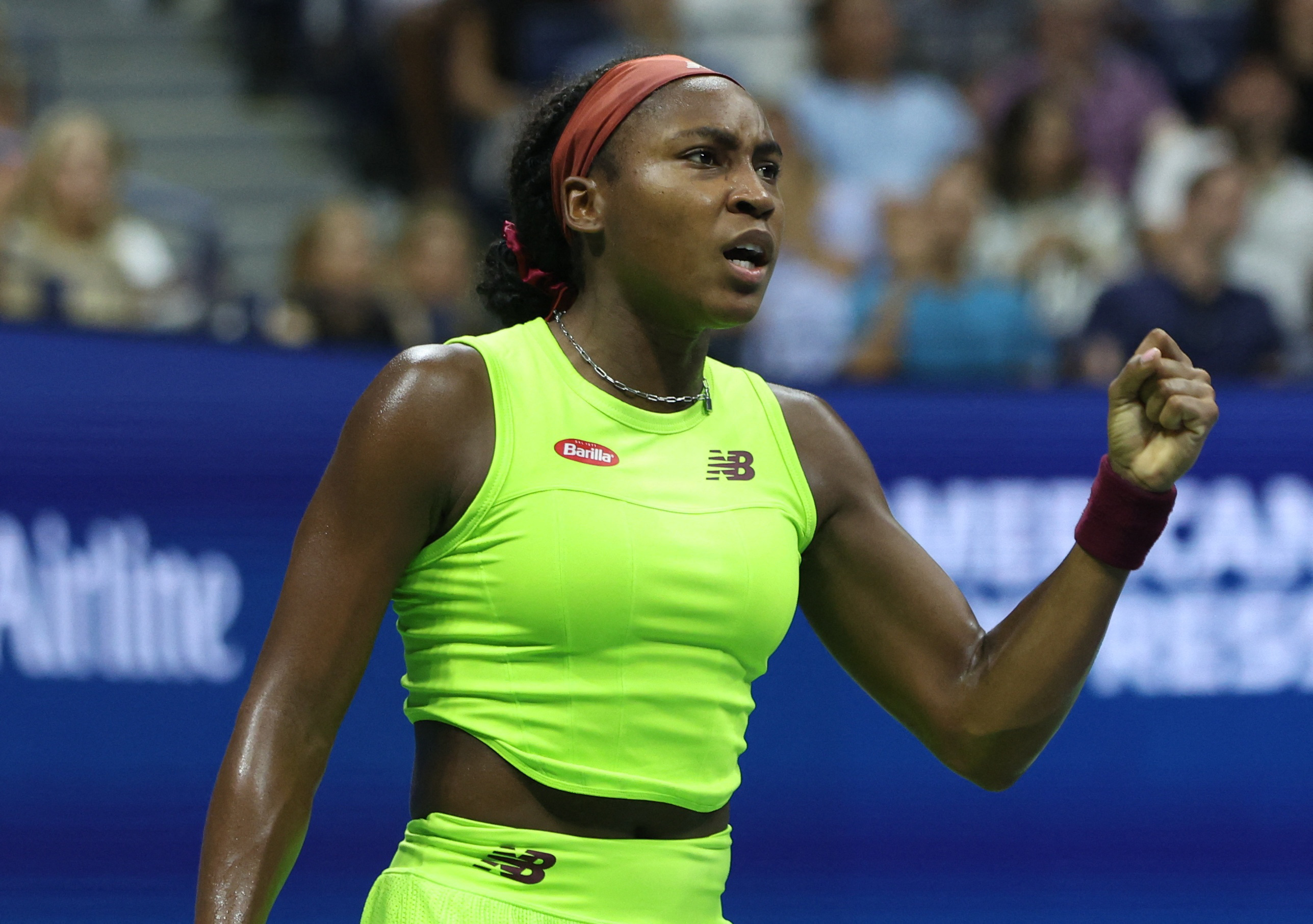 Sabalenka And Gauff Progress In Rome Avoiding Early Exit
May 13, 2025
Sabalenka And Gauff Progress In Rome Avoiding Early Exit
May 13, 2025 -
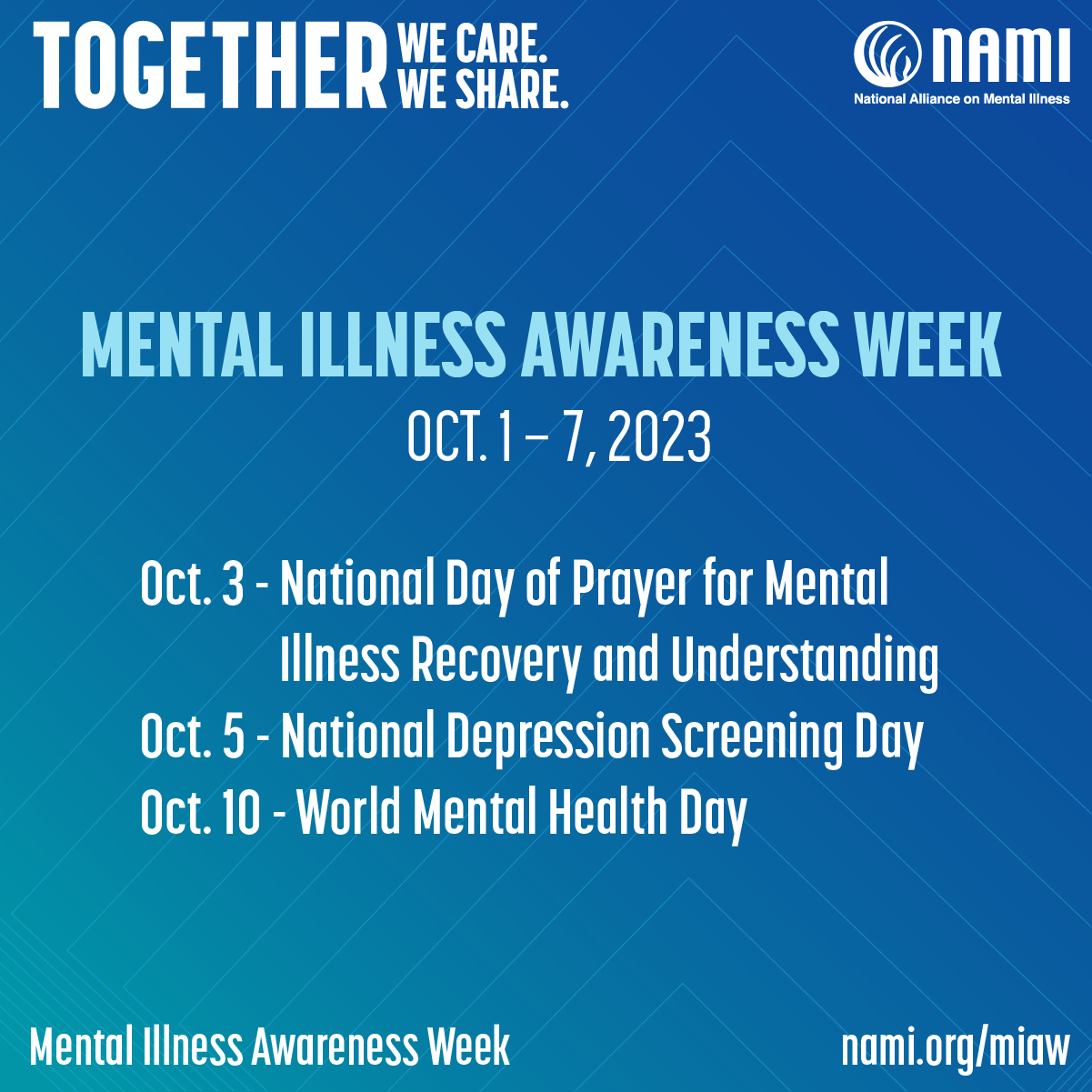 Mental Health Awareness Week Join A Dog Walk In Didcot
May 13, 2025
Mental Health Awareness Week Join A Dog Walk In Didcot
May 13, 2025
